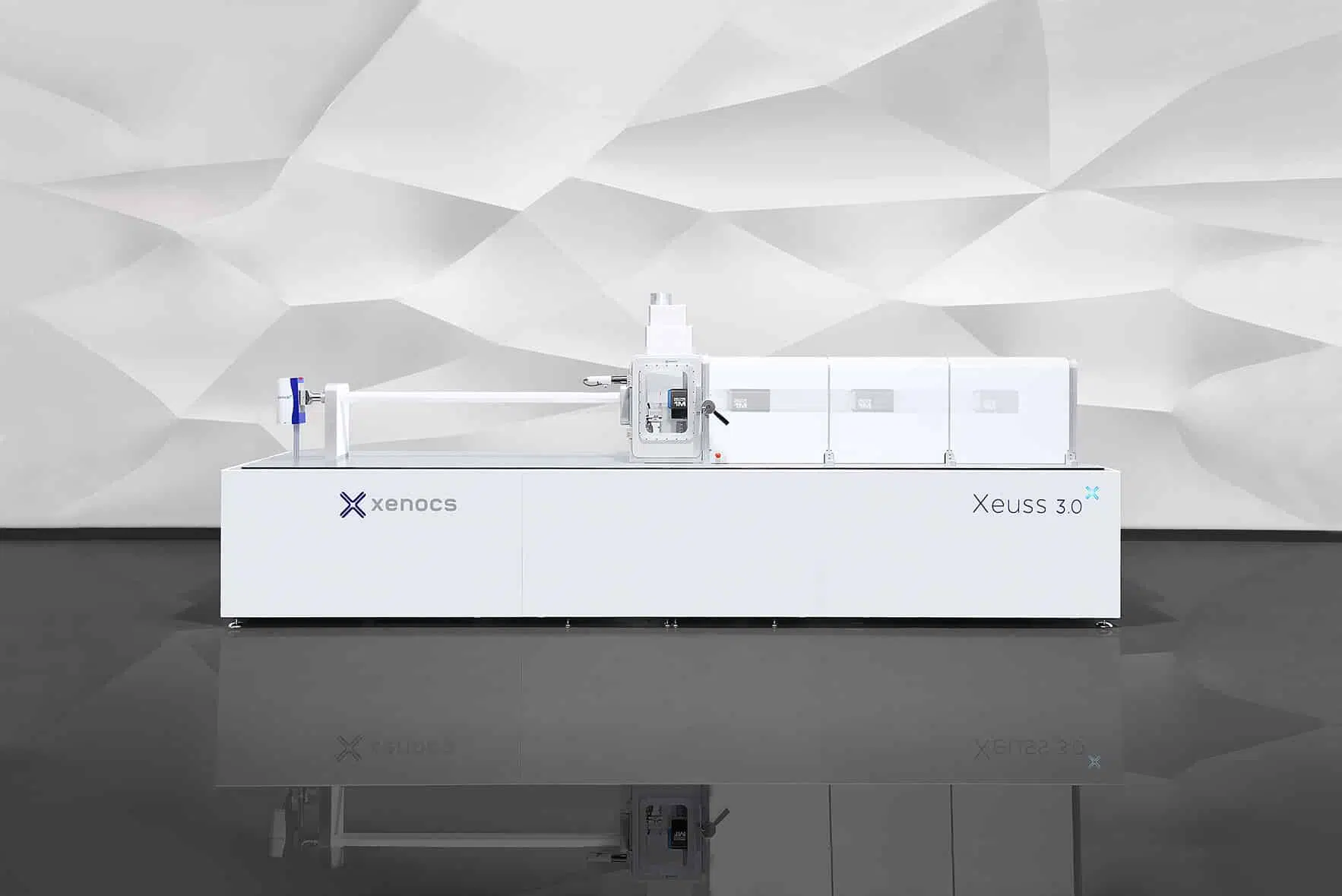ACS Nano, 2017, vol 11, 5, pp. 4934-4942
DOI:10.1021/acsnano.7b01551
Abstract
Hierarchical structures lend strength to natural fibers made of soft nanoscale building blocks. Intermolecular interactions connect the components at different levels of hierarchy, distribute stresses, and guarantee structural integrity under load. Here, we show that synthetic ultrathin gold nanowires with interacting ligand shells can be spun into biomimetic, free-standing microfibers. A solution spinning process first aligns the wires, then lets their ligand shells interact, and finally converts them into a hierarchical superstructure. The resulting fiber contained 80 vol % organic ligand but was strong enough to be removed from the solution, dried, and mechanically tested. Fiber strength depended on the wire monomer alignment. Shear in the extrusion nozzle was systematically changed to obtain process–structure–property relations. The degree of nanowire alignment changed breaking stresses by a factor of 1.25 and the elongation at break by a factor of 2.75. Plasma annealing of the fiber to form a solid metal shell decreased the breaking stress by 65%.


































